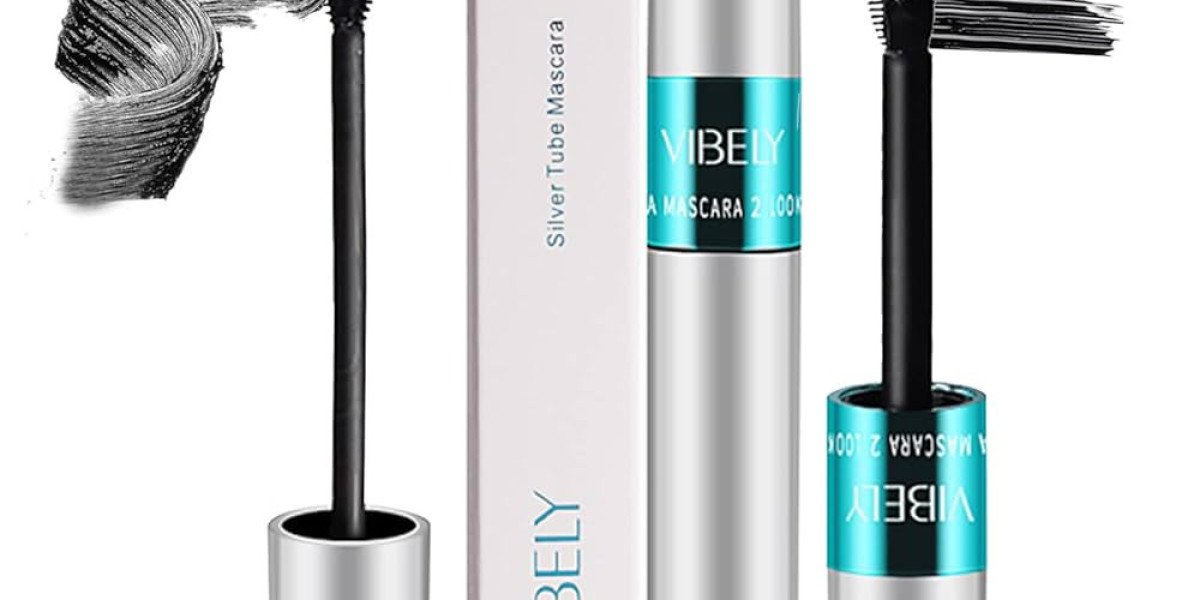The Problem with Cheap Off-Brand Filters
Introduction
Many homeowners looking to save a few dollars on water filtration often turn to cheap off-brand filters. While the lower price may seem appealing, these filters can compromise water quality, reduce filtration effectiveness, and even pose health risks over time. Choosing high-quality, certified filters ensures clean, safe, and great-tasting water for daily use. For those who want reliable filtration options with verified performance, rorra discount code provides access to trusted systems that maintain water safety and quality.
This article explores the hidden risks of cheap off-brand filters, how they differ from certified systems, and practical advice for selecting the right filter for your home.
Why Off-Brand Filters Are Problematic
Inconsistent Filtration Performance
Many off-brand filters do not meet NSF/ANSI standards
Contaminant removal may be incomplete, leaving lead, chlorine, or microplastics in water
Performance can vary from batch to batch, meaning reliability is inconsistent
Shorter Lifespan
Materials used in low-cost filters degrade faster
Filters may saturate or clog quickly, requiring frequent replacement
Inadequate lifespan can lead to bacterial growth inside the filter
Poor Construction Quality
Plastic casings may leak or break under normal water pressure
Media inside the filter may not be properly sealed, allowing bypass of untreated water
Low-quality seals and gaskets increase the risk of contamination
Lack of Certification
Many cheap filters are sold without NSF/ANSI certification
Certification ensures independent testing for contaminant removal and safety
Without certification, consumers have no guarantee of performance
Points to Consider When Choosing a Filter
Contaminant Removal Capabilities
Determine which contaminants are present in your water through testing
Compare filter specifications for lead, chlorine, microplastics, PFAS, or bacteria removal
Off-brand filters may not list verified removal rates
Longevity and Replacement Schedule
Certified filters often last longer and maintain consistent performance
Cheap filters may need replacement every few weeks, increasing long-term cost
Frequent replacements may not be economically advantageous despite lower upfront cost
Compatibility with Existing Systems
Off-brand filters may not fit properly in branded filtration systems
Poor fit can result in leaks or unfiltered water bypassing the filter
Health and Safety Risks
Saturated or poorly constructed filters can harbor bacteria
Potential exposure to contaminants increases if filters fail prematurely
Children, elderly, and immunocompromised individuals are most at risk
Common Misconceptions About Off-Brand Filters
“All Filters Remove the Same Contaminants”
Filtration effectiveness varies widely by material, design, and certification
Certified filters undergo independent testing to verify claims
“Lower Cost Saves Money”
Frequent replacement and reduced effectiveness may increase overall costs
Potential health risks can lead to additional expenses and stress
“Appearance Means Quality”
Even if a filter looks similar to a high-quality brand, internal media and construction may be inferior
Only verified specifications and certifications guarantee performance
Benefits of Choosing Certified and Trusted Filters
Consistent Water Quality
Removes harmful chemicals, heavy metals, and microplastics effectively
Ensures safe, clean, and great-tasting water for drinking and cooking
Longevity and Reliability
Longer-lasting filters reduce maintenance frequency
Maintains consistent performance over the lifespan of the filter
Peace of Mind
NSF-certified systems provide confidence in contaminant removal claims
Reduces worry about potential health risks from unfiltered or improperly filtered water
Household Protection
High-quality filters prevent sediment and scale buildup in appliances and plumbing
Helps extend the life of water-using devices, from refrigerators to coffee makers
Tips for Selecting the Right Filter
Check Certifications
Look for NSF/ANSI or equivalent certifications
Confirm the filter meets your household’s specific contaminant removal needs
Research Brands
Read reviews and product comparisons from reputable sources
Avoid filters that make unverified claims or lack testing documentation
Consider Multi-Stage Filtration
Multi-stage systems often remove a wider range of contaminants
Carbon, ceramic, and reverse osmosis stages provide layered protection
Monitor Filter Performance
Track water taste, flow, and filter life
Replace filters according to manufacturer guidelines for maximum effectiveness
Practical Advice for Homeowners
Test your water periodically to identify contaminants
Avoid using filters solely based on price; prioritize performance and safety
Maintain filters properly by cleaning or replacing as recommended
Consider investing in high-quality filters to reduce long-term costs and health risks
Conclusion
While cheap off-brand filters may seem like a cost-effective option, they often compromise water safety, taste, and filtration efficiency. Risks include inconsistent contaminant removal, shorter lifespan, and potential exposure to bacteria or metals. Certified, trusted filters provide consistent performance, longer life, and peace of mind for families seeking clean, safe water.
For homeowners wanting high-quality, reliable filtration solutions that ensure effective contaminant removal and improve water quality, the rorra discount code offers access to certified systems that safeguard your home’s water supply while providing fresh, great-tasting water every day.








